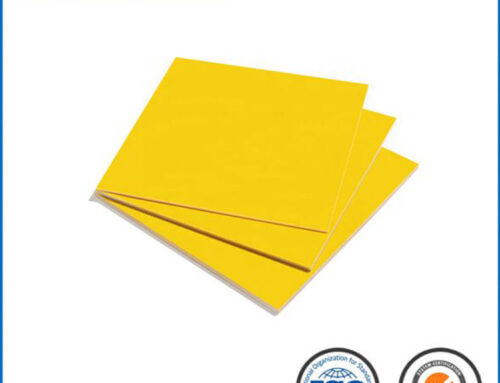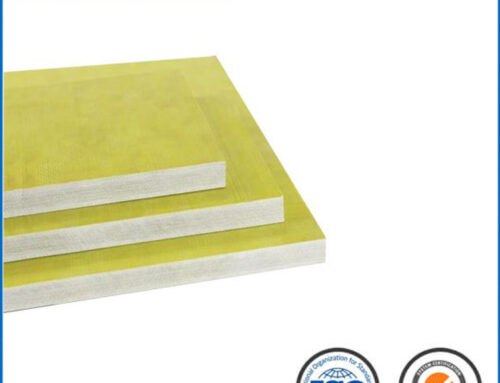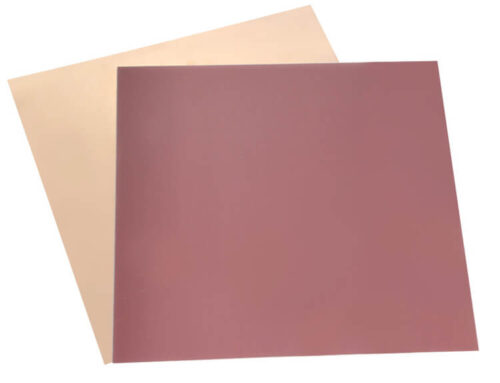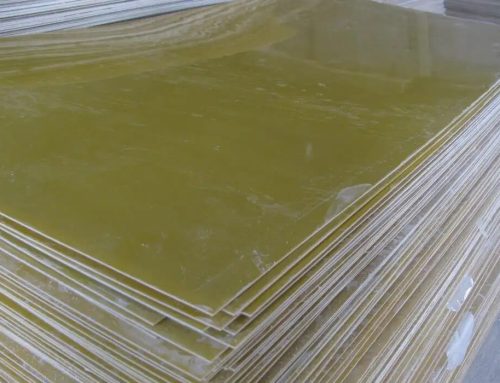FR4 and carbon fiber are two distinct materials that play pivotal roles in various industries, especially in manufacturing and engineering. This article aims to explore the differences in properties and applications between FR4 and carbon fiber, shedding light on their unique characteristics and the scenarios in which each material excels. From structural components to electronic substrates, understanding the distinctions between FR4 and carbon fiber is essential for informed material selection in diverse industries.
1. Composition and Structure: Understanding the Basics
FR4 Composition:
FR4 is a composite material composed of a woven fiberglass fabric impregnated with epoxy resin.
The combination of fiberglass reinforcement and epoxy resin gives FR4 its mechanical strength and electrical insulating properties.
Carbon Fiber Composition:
Carbon fiber, on the other hand, is a material consisting of thin fibers primarily composed of carbon atoms.
The arrangement of carbon atoms in a crystalline structure imparts exceptional strength and lightweight properties to carbon fiber.
2. Mechanical Properties: Strength vs. Rigidity
FR4 Mechanical Properties:
FR4 is known for its high mechanical strength, making it suitable for applications requiring robust structural support.
It exhibits good rigidity and impact resistance, making it a preferred material in industries such as electronics and construction.
Carbon Fiber Mechanical Properties:
Carbon fiber boasts an extraordinary strength-to-weight ratio, providing exceptional tensile strength and stiffness.
Its lightweight nature and superior mechanical properties make carbon fiber ideal for high-performance applications in aerospace and automotive industries.
3. Weight Considerations: Balancing Mass and Performance
FR4 Weight:
FR4, while robust, has a higher density compared to carbon fiber, making it a slightly heavier material.
This characteristic may influence material selection in applications where weight is a critical factor.
Carbon Fiber Weight:
Carbon fiber’s lightweight nature contributes to its widespread use in applications where minimizing mass is crucial.
It is a preferred choice in industries seeking materials that provide strength without adding significant weight.
4. Electrical Insulation vs. Conductivity: Contrasting Roles
FR4 Electrical Properties:
FR4 is an excellent electrical insulator, making it a staple material in the manufacturing of printed circuit boards (PCBs).
Its insulating properties are crucial for preventing electrical interference and ensuring the reliable performance of electronic components.
Carbon Fiber Electrical Properties:
Carbon fiber, conversely, has conductive properties, and it is sometimes used as a reinforcement in applications requiring electrical conductivity.
Carbon fiber composites may be employed in situations where electrical conductivity is a desired characteristic.
5. Applications: Tailoring Materials to Specific Needs
FR4 Applications:
FR4 finds widespread use in electronics, particularly in the production of PCBs for its electrical insulating properties.
It is also utilized in structural applications where a balance of strength and rigidity is essential.
Carbon Fiber Applications:
Carbon fiber is prevalent in industries requiring lightweight yet strong materials, such as aerospace, automotive, and sports equipment.
Its applications range from aircraft components to high-performance vehicle parts and sporting goods.
Choosing Between FR4 and Carbon Fiber
In the comparison of FR4 vs. carbon fiber, each material brings unique characteristics to the table. The decision between the two depends on the specific requirements of the application. Whether prioritizing electrical insulation, mechanical strength, or lightweight design, understanding the distinctions in properties and applications is essential for making informed material choices. In the diverse landscape of manufacturing and engineering, FR4 and carbon fiber stand as versatile materials, each with its own set of advantages tailored to meet the demands of various industries.
More:




